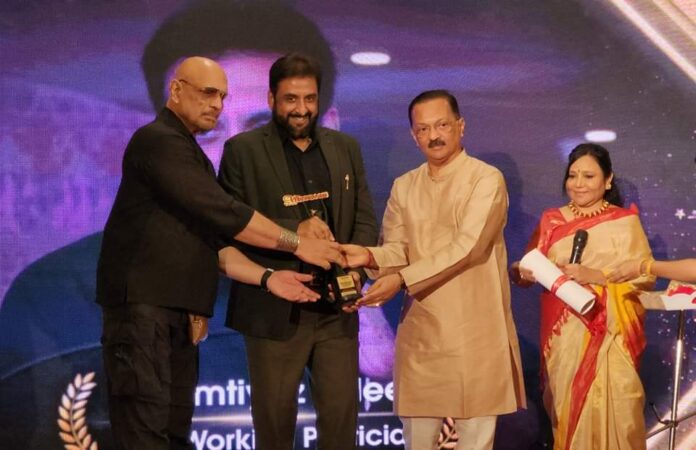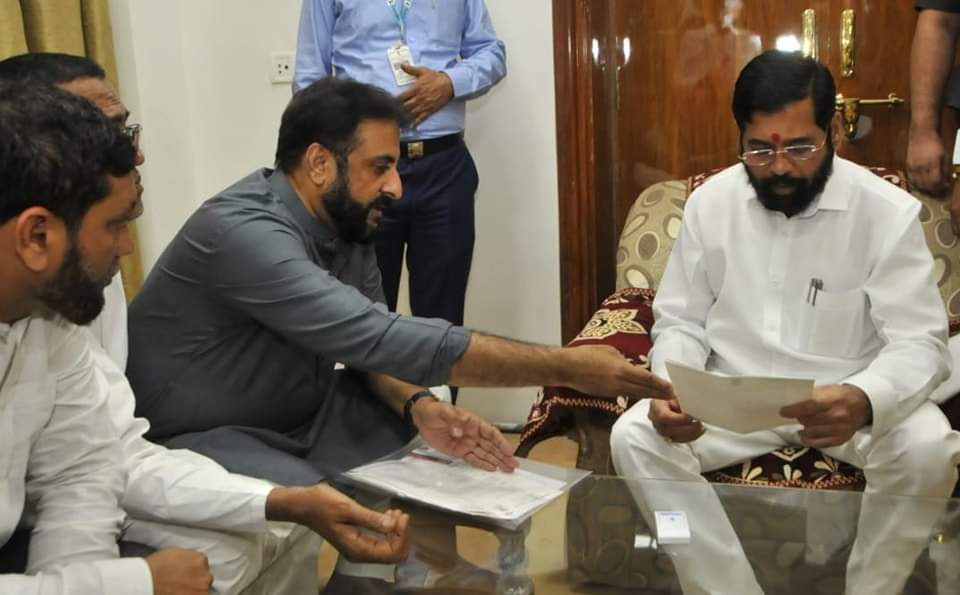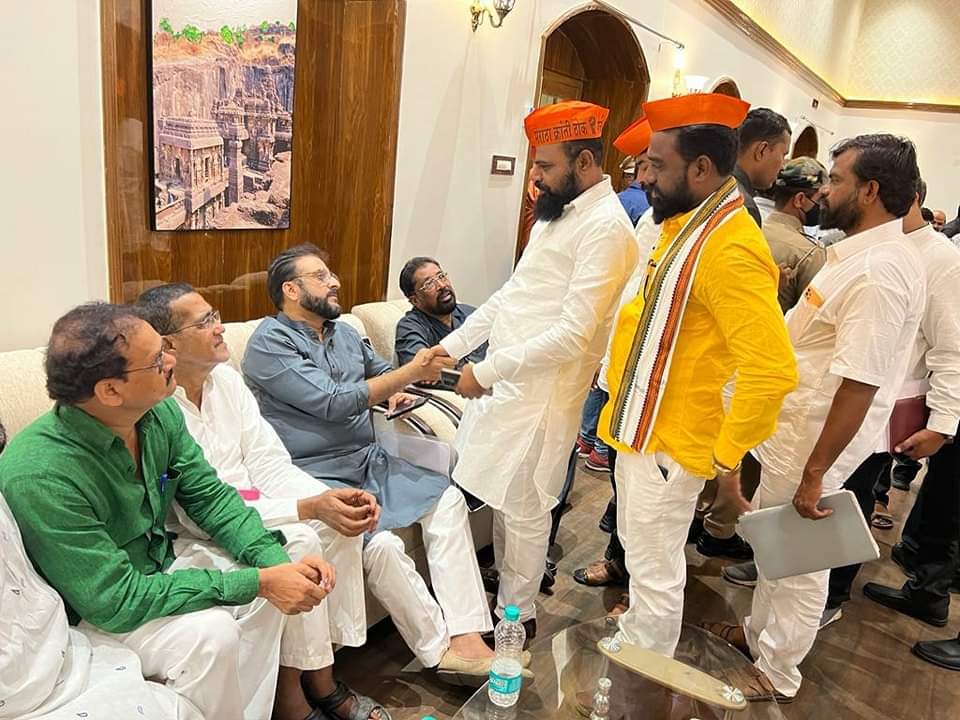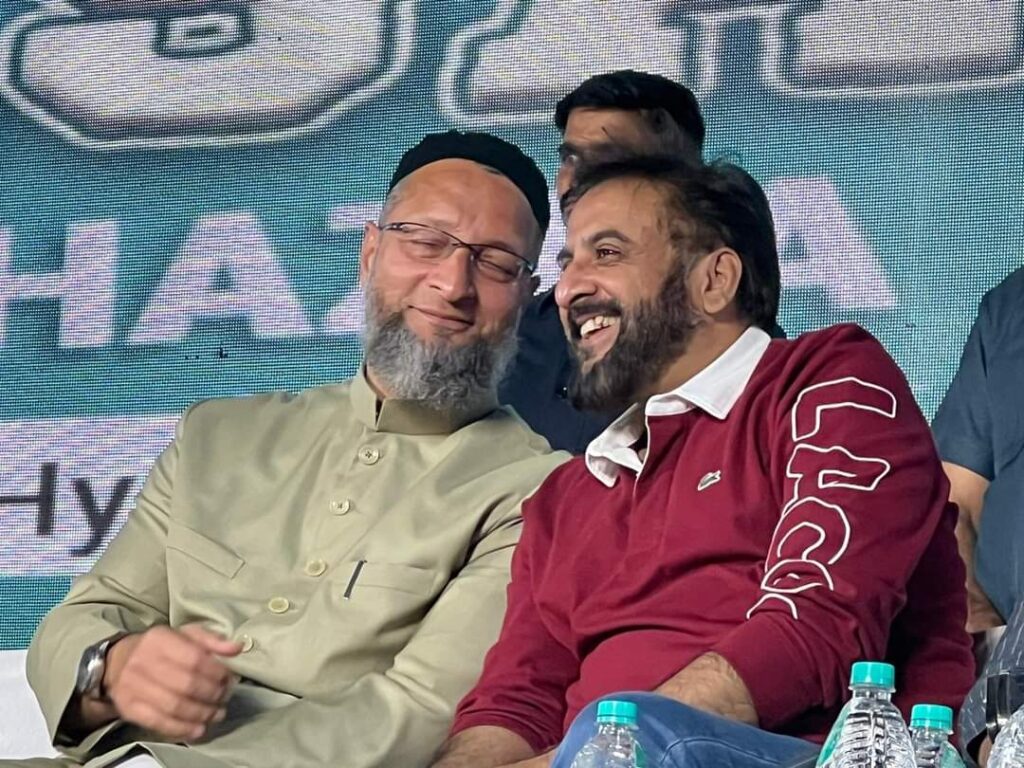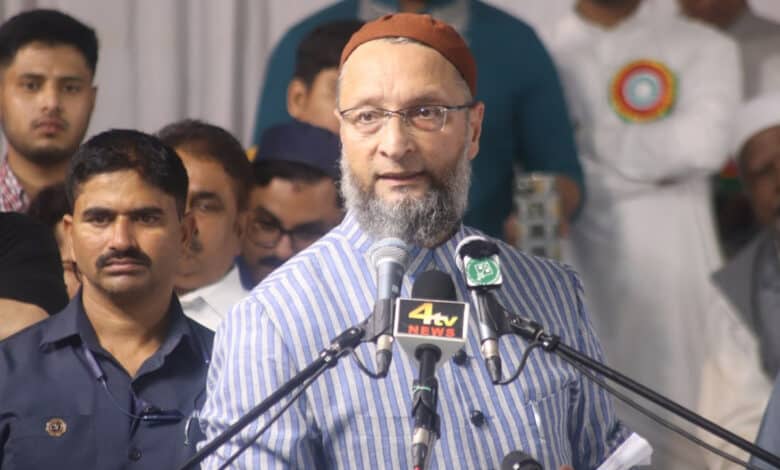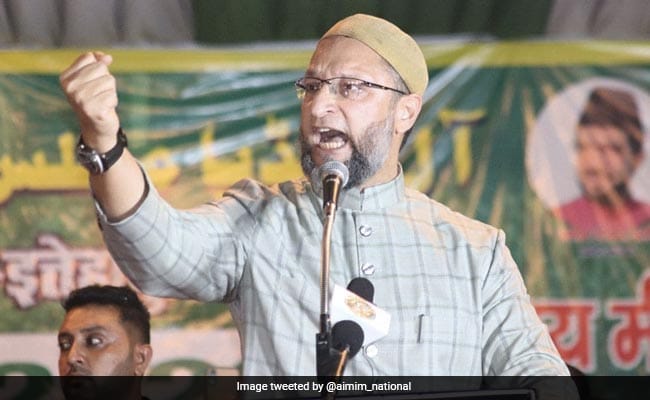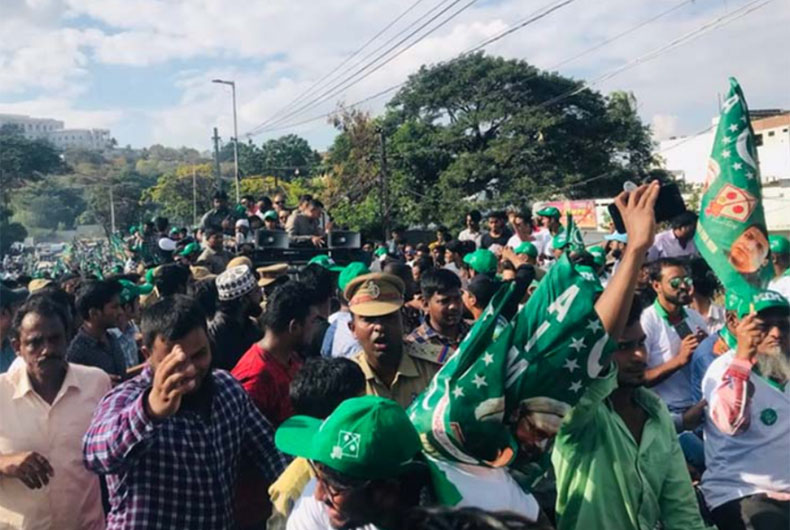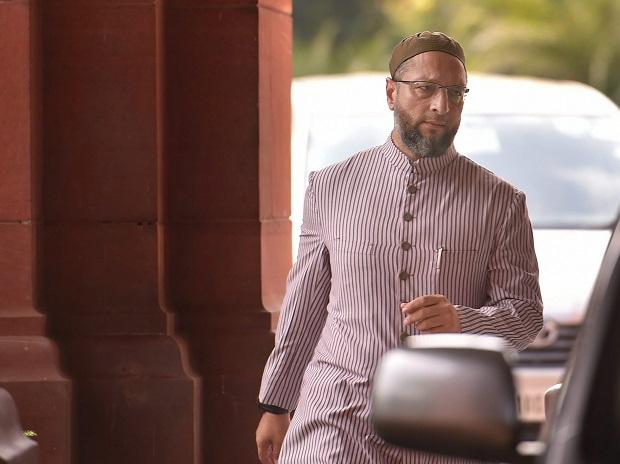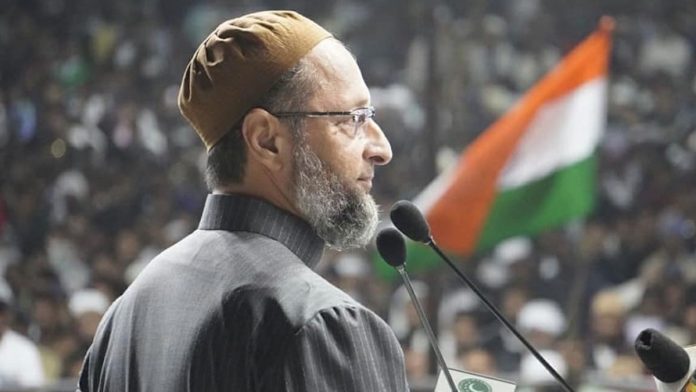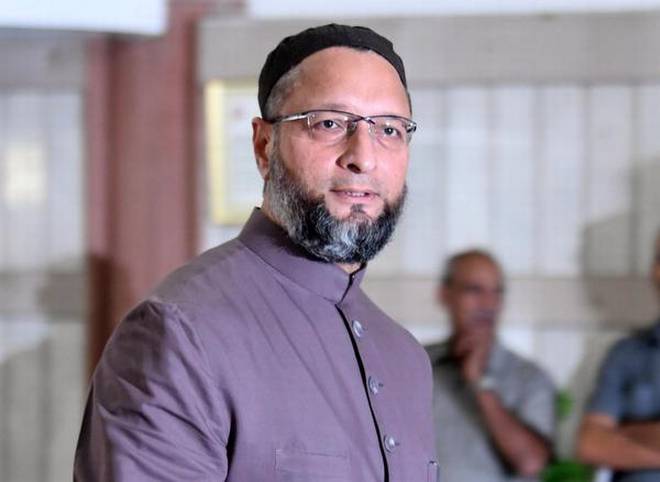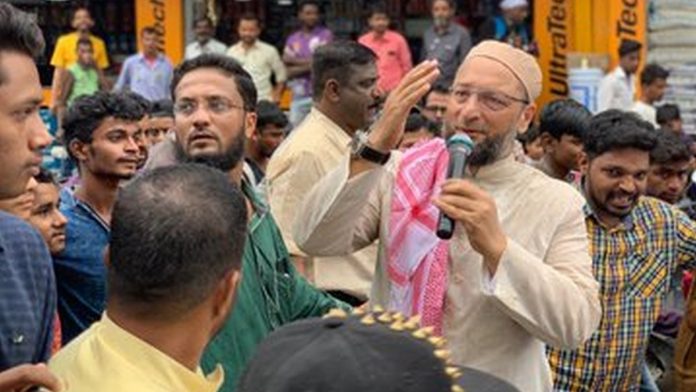Bhongir aka Bhuvanagiri (Hyderabad Metropolitan Region), TELANGANA:

Arifi came from a village near Hyderabad, Bhongir. Somewhere in 1970, he joined Bharat News, a news agency started by Ejaz Quraishi. After hopping around for some time he joined Siasat Urdu where he worked for several years and gave the newspaper a new dynamic.
A TRAGIC dimension has tagged along to Hyderabad this year. Two stalwarts in the field of Urdu journalism — Zaheeruddin Ali Khan and Naseem Arifi — have passed away within a span of two weeks.
Zaheeruddin Ali Khan reportedly died of cardiac arrest during the funeral of poet and political activist Gaddar on 7th August.
On the other hand, Naseem Arifi succumbed to a long battle with dementia that was followed by several other ailments. He passed away on Saturday, 19 August. He was 81.
Arifi was a thoroughbred journalist who successfully explored new vistas in Urdu journalism in India.
On the other hand, Zaheer who was about two decades junior to Arifi, had a multi-faceted personality. He left an indelible mark in the field of journalism, marketing and above all philanthropy, social and political work.
I will write about Zaheer some other time. There is a lot to tell about him —his childhood, his growing up under the guardianship of veteran journalist Abid Ali Khan and his family, his commitment to the memory of Abid Ali Khan, his legacy as the Managing Editor of Siasat Urdu, and his own initiatives as a dynamic conscientious citizen committed to the causes of the deprived sections of the society. He also tried his hands with online journalism by launching Siasat.com in English a few years ago. Surprisingly, Siasat.com is rising like a meteor.
Now, I would like to focus on Arifi.
Arifi came from a village near Hyderabad, Bhongir. Somewhere in 1970, he joined Bharat News, a news agency started by Ejaz Quraishi. After hopping around for some time he joined Siasat Urdu where he worked for several years and gave the newspaper a new dynamic. But over the years, he developed differences with the management of Siasat and quit it.
In the meantime, there were reports that Khan Lateef Khan has bought Munsif Urdu daily and was trying to re-launch it with new vigour. Khan was very ambitious and said to have mounds of money to spend on the newspaper project.
His eyes were fixed on Arifi to lead the Munsif editorial team. He had sent the word around but was still undecided. One day, Arifi told me and Jamal Uddin Ali Khan, Bureau Chief of PTI, to join Lateef Khan over dinner at his residence in Banjara Hills. It was 1996. I was working with Saudi Gazette, Jeddah then. Over the dinner Lateef Khan asked several questions about the state of Urdu journalism in Hyderabad and what should be the face of Munsif. We gave him our understanding. A few days later it was announced that Arifi has been selected to head the editorial team that would start Munsif soon.
The launch of Munsif was theatrical. It was aiming to cut into the readership of Siasat which did not happen. But over the years, Munsif created its own niche and readership.
In the meantime, Munsif became stridently anti-Majlis-e-Ittehadul Muslimeen. It went to the level of carrying the caricatures of Asaduddin Owaisi, as Bhaijaan, and Akbaruddin Owaisi as Bi Pasha. That, of course, did not go well with a lot of people. The followers of the two brothers and their party Majlis became angry. The rivalry turned bitter and ugly.
One of those people who did not agree with the abusive policy of Munsif against the Majlis was Naseem Arifi. He took up the matter with Khan who said he would continue his anti-Majlis policy.
In the meantime, MIM fed up with the policies of Munsif, decided to begin its own Urdu newspaper. Arifi was roped in to introduce Etemad. That was somewhere in 2002. However, Burhan Uddin Owaisi, the youngest of the three Owaisi brothers, was named the Editor-in-Chief of the newspaper.
Again, Arifi and his team demonstrated that there is more to show to the world what Urdu journalism can offer. He and his team did what they could but there was a limit. The newspaper had to follow the MIM political agenda. Arifi demonstrated that, despite some restrictions, Urdu journalism could stand on its own against all odds.
Meanwhile, there were reports that Eenadu proprietor Ramoji Rao was launching multiple TV channels. Among his initiatives was ETV Urdu. Arifi became an advisor to the group and helped in selecting the team and themes for the new channel. But for unknown reasons, he did not stay for long with the ETV Urdu.
Besides meeting him occasionally and discussing various issues, I met Arifi with Omar Farooque, a senior bilingual journalist, and Arifi’s son Muneeb at Banjara Hills. There he told us that he was not comfortable with the Etemad anymore and would like to quit and try his hands at other things. I realised that Arifi’s memory was lapsing. I advised him to take it easy. Omar supported me. After the meeting, I told his son to take more care of his father and also revealed my suspicion that he was suffering from irreversible dementia. That unfortunately turned out to be true.
The young man agreed and remained devoted to his father along with his two younger brothers till his father turned into a new person who had no past, no future, only a blurred view of the present. The present was represented by his breath and a few gestures which only the family could understand.
Following this phase which was accompanied by a few regular age-related ailments, he breathed his last at the nearby Owaisi Hospital on Saturday afternoon.
Inna lillahi wa Inna ilaihi rajioon (We surely belong to Allah and to Him we shall return).
_________
The obituary is taken from Mir Ayoob Ali Khan’s Facebook page. He is a veteran and highly credible Indian journalist and editor. He is based in Hyderabad.
Photo: Zaheeruddin Ali Khan and Naseem Arifi
source: http://wwwclarionindia.net / Clarion India / Home / by Mir Ayoob Ali Khan / August 22nd, 2023
